Sustaining a therapeutic lung cancer and mesothelioma support group known as 'the Sunflower club'. This is a group for lung cancer and mesothelioma patients and includes carers
Category: Follow-Up and End-of-Life Care
The problem identified
Patients and carers were expressing a wish to meet others in similar position and to do so regularly enough to capture the changing nature of the disease.
The intervention made to change the problem
Following a needs analysis we first run our group as a pilot project for 6 months back in 2004 testing out a core programme with ongoing evaluation through group member feedback. This group has met every 2 weeks since it was set up and although this has resource implications the value of meeting has been shown to out weigh costs.
How it changed my practice
The Sunflower Club is the name of our long running Bucks Lung Cancer and Mesothelioma Support Group - now in its 12th year of existence. This group meets every two weeks for two hours and includes both patients and their carers. The group brings together between 12-16 people and is co-facilitated by two lung nurse specialists. We offer a programme through the year that includes exploration of certain shared aspects of need such as fatigue, poor appetite and breathlessness as well as emotional issues such as living with fear and worry and issues around end of treatment and end of life. To support the programme we invite local professionals to help in our discussions such as our clinical psychologist, our dieticians and our physicians. The group become closely attached to each other which of course mean we need to deal with loss and aspects of dying throughout the year. However, the support that is experienced and shared is powerful and in spite of some intense times most meetings have a joyful spirit that enables people to feel safe and connected.
The group has a trip out each year that is funded by our Trust charitable funds and this allows us to share a social time together away from the hospital setting. We have had afternoon teas and river boat trips and these have provided wonderful memories and photos for all those that attend.
Resource / Cost implications
TheTrust fully supports the group and our venue is specifically designated for patient group meetings. It has wheelchair access and funds are available for transport if needed. The group is facilitated by a minimum of one lung CNS and lung CNS cover is available to avoid cancelling the regular meeting.
References
The Bereavement Model of W.Warden, Egan's Model of Counselling underpins the nature of communication within the group. The Art of Listening and Systems theory are all influences in the models chosen to develop and sustain the process of facilitating the group.
